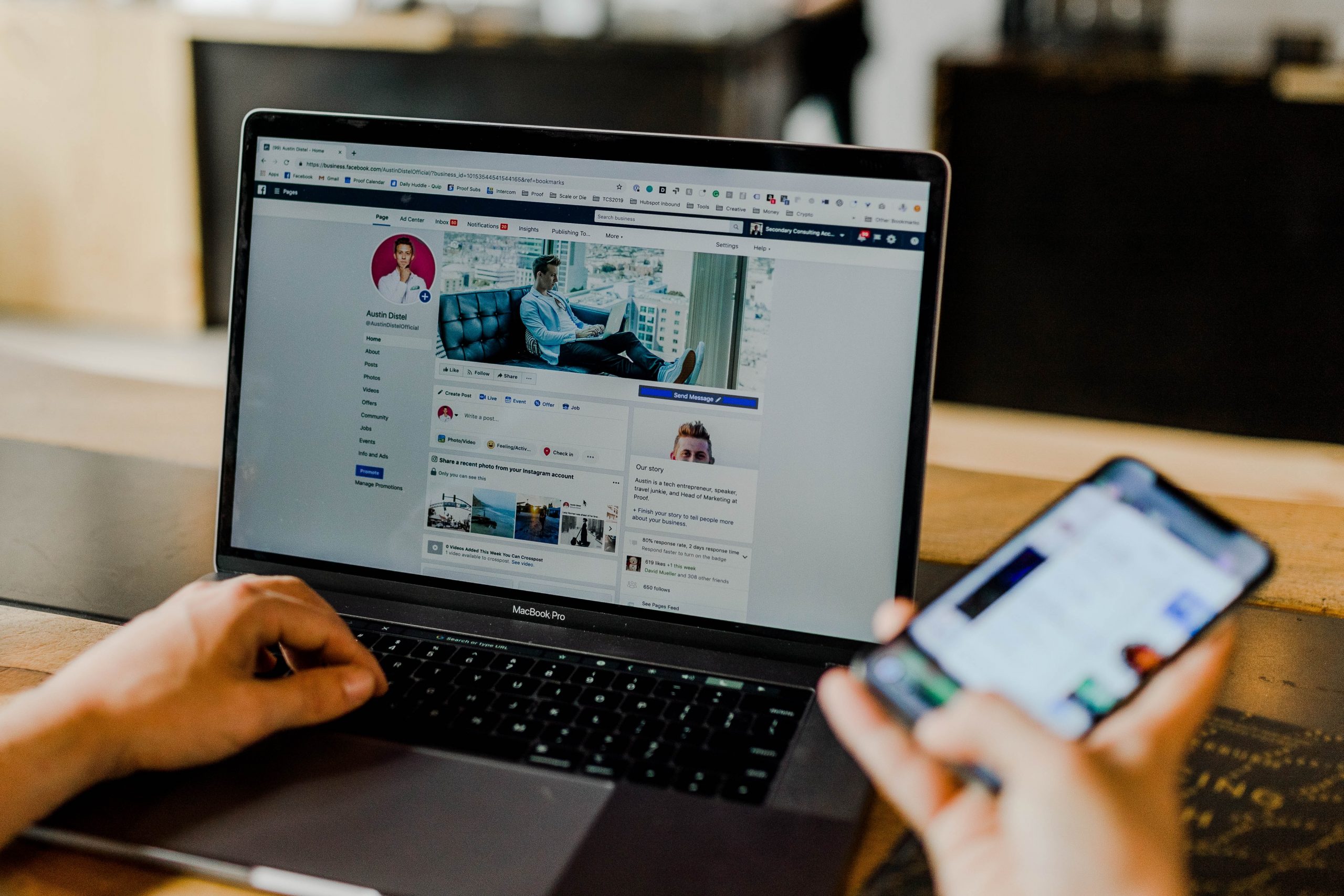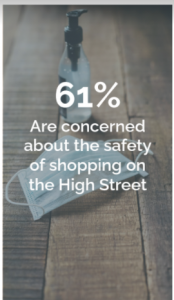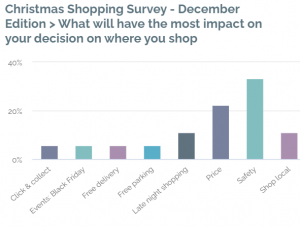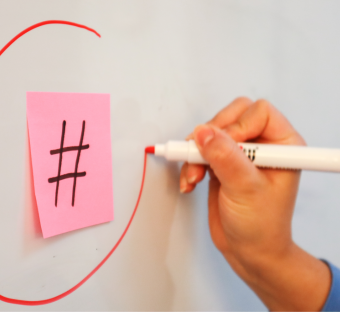It has been a hard year.
While we were all looking to Christmas as our beacon of hope, the harshness of the pandemic has refused to let up. With little respite as London and other areas of the country go into new Tier 4 restrictions either before Christmas, or what is looking increasingly likely for many more, after Christmas we need to prepare for 2021.
We look set for more disruption and challenges to the way we work and trade. So let's reflect on what has worked for businesses that have survived and in some instances thrived in 2020, and prepare to replicate their moves.
Social media usage by consumers increased during the pandemic and will continue to do so, as people need ways to keep in touch and be inspired. Businesses must tap into the very human need for inspiration, purpose and connection.
Businesses who have stayed connected and continued to serve customers have faired better. We can take this view from the 3.4m businesses social media data that we can see in the Maybe* platform.














